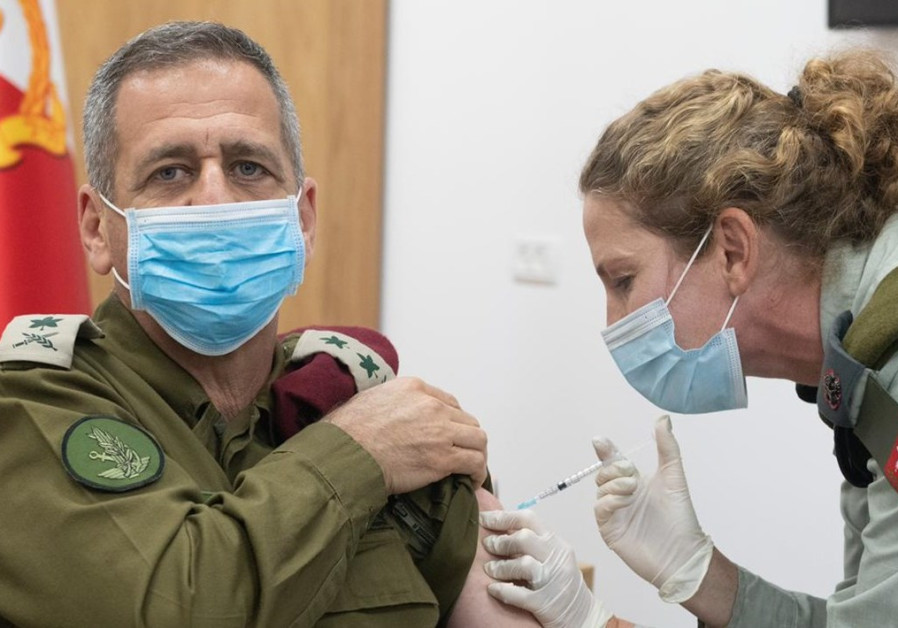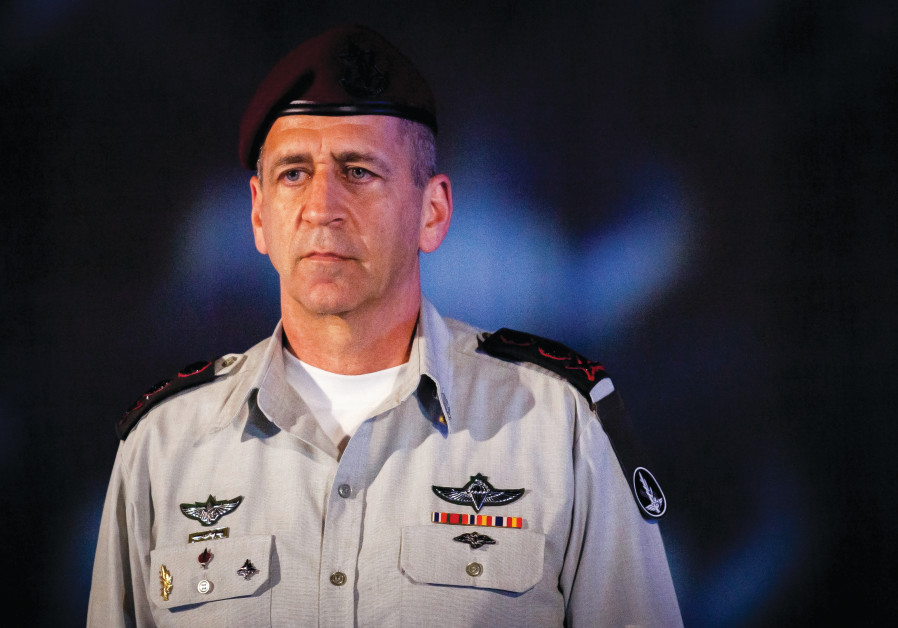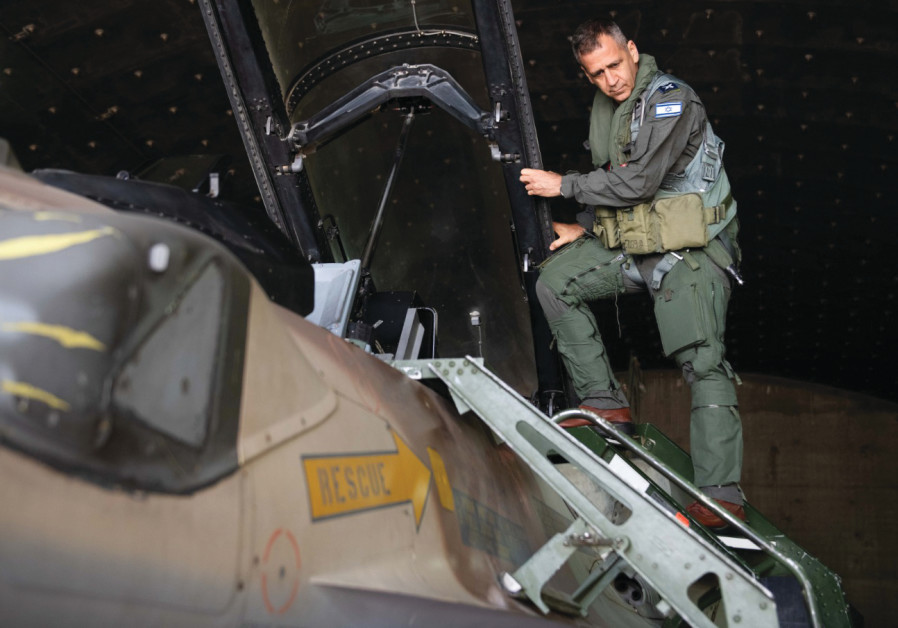In 2005, when Aviv Kochavi was commander of the IDF’s Gaza Division, he used to convene his top staff every morning in headquarters to review the terrorist attacks that Hamas had launched the night before. Every evening there was something. Once it was a mortar shelling; another night it was a rocket attack and the next night it was either a settlement infiltration or a drive-by shooting. Gaza, back in those days, was on fire.Now, more than 15 years later, those kinds of meetings are no longer needed. Hamas, of course, still exists, but the intensity of its attacks against Israel is nothing today like it was in 2005. Like Hezbollah, it is stronger today than it was in 2005 but it is also more deterred and understands that a spate of attacks today like back then would not be tolerated.This change is best illustrated in the number of Israelis killed in terrorist attacks. In 2019 it was nine and in 2020 three. In 2005, when Kochavi was commander of the Gaza Division, the number was 56. Rocket attacks have also decreased: 912 in 2018, 1070 in 2019, and just over 200 in 2020. In meetings with his officers, Kochavi explains that this does not mean that Israel is safer today. While the rapid pace of events might have changed, the scope of the threats against Israel is no less severe. In some ways, it is even worse.
IT’S BEEN a busy two years for IDF Chief of Staff Lt.-Gen. Aviv Kochavi, fighting a war he never imagined he’d fight, commanding the IDF through a time of political and economic uncertainty while at the same time, battling Israel’s most dangerous foe, Iran.He is the chief of staff who, instead of sending troops to war against enemies like Hezbollah and Hamas, has been forced to command over one of the world’s most lethal armies in a war against something no one saw coming a year ago – a global pandemic called COVID-19.Kochavi began his term in January 2019 when Israel’s usual foes – Iran, Hezbollah, Hamas and Palestinian Islamic Jihad – were the military’s top priority. And throughout his tenure, no matter the surrounding difficulties, Israel’s war-between-wars campaign against Iran and its Lebanese proxy Hezbollah has seen action on a weekly basis.Kochavi refers to six different “fronts” that Israel faces – Iran, Gaza, Lebanon, terrorist groups in the Sinai, Iranian entrenchment in Syria and Palestinian terror in the West Bank. All six are constantly looked after by Military Intelligence and are constantly considered for different operations. Some are more urgent than others, but there is never a lull. All require daily vigilance and care.The terror armies facing Israel fight asymmetrically and have large arsenals including long-range rockets as well as cruise and even precision missiles. They have considerable manpower and cross-border attack tunnels that they have dug into Israeli territory to mount surprise attacks. If in 2005, Kochavi was searching for a lone terrorist holed up in an apartment building, today his army still has to hunt for them but also needs to prepare for battle against well-trained battalion-sized terror units.This rocket threat, advanced weaponry and spreading of enemy forces across a large amount of territory in both urban and open areas, are part and parcel as to why Kochavi felt the need to change the IDF’s concept of victory.
BORN in 1964, Kochavi enlisted in the Paratroopers Brigade in 1982 and has served in multiple command roles throughout his career, many of them having a significant impact on his decision-making process.Those who know him describe three main characteristics that make him the chief of staff that Israelis know. He really understands the Middle East – his term as head of Military Intelligence particularly helped with that – and he knows that what works in this region is the language of force and lethality.You can’t be polite and neighborly in the Middle East, Kochavi tells his men, noting how the region is the most divided in the world. And he always puts himself in the shoes of the enemy, asking how exactly they think and what their goals are, what they would want to do if given the chance.To be prepared for these threats when he took up the role of chief of staff, he vowed to make the IDF more “lethal and efficient” and 100 days after he took the reins, he began to formulate a new operational victory concept and the now-famous Momentum multi-year plan.The idea was simple to articulate but tough to implement – improve the IDF’s offensive and defensive capabilities, its combat effectiveness and increase its capabilities at identifying and destroying the enemy with multi-dimensional blows.He established new units – like Ghost, a new combat force that organically integrates the capabilities of soldiers and officers from various units across the IDF for a deadlier maneuvering force that will rapidly destroy more enemy assets as troops advance deep into enemy territory.
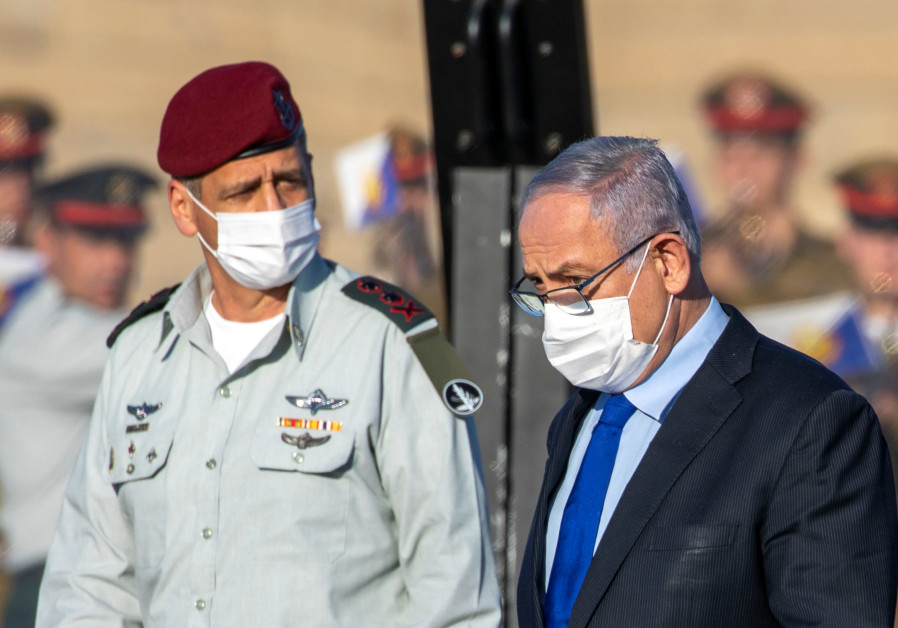
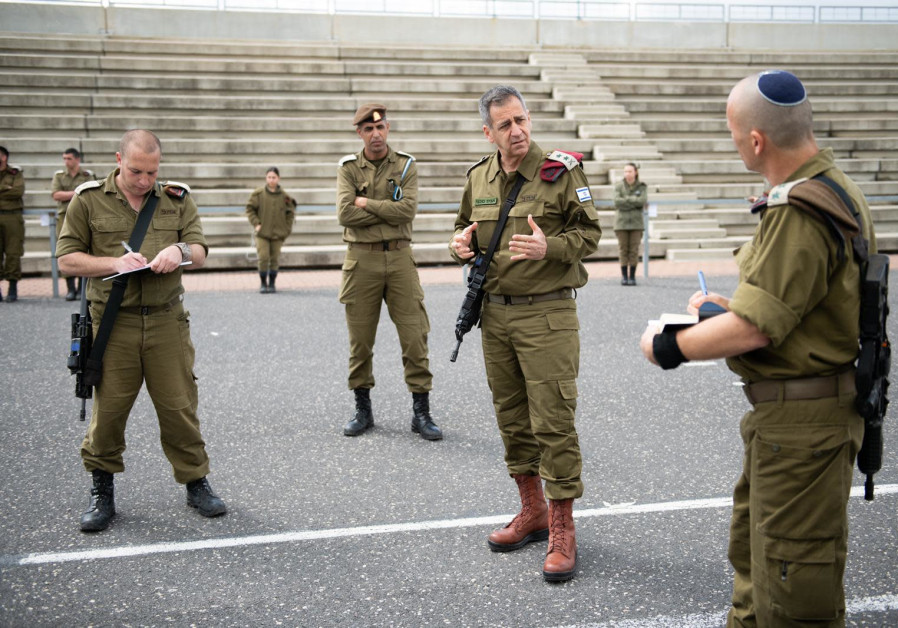
Due to the IDF campaign, Iranian bases are said to have moved to the North and to the East, near the border with Iraq. In addition, the pro-Iranian militias have reduced their numbers, according to some estimates by as much as 50%.That doesn’t mean the threat is not grave. It is. Israel’s North has transformed from two fronts to a single united volatile one with the country’s toughest enemy – Hezbollah – aiming tens of thousands of missiles at Israel’s home front. The Iranian proxy, called a “terror army” by Kochavi has been attempting to transform its missile arsenal into precision missiles able to inflict severe damage on strategic sites in the country.According to updated IDF assessments, Iran today has several hundred missiles that can reach Tel Aviv and if a new war broke out with Hezbollah one day, it would see 1,500-2,000 rockets fired at Israel daily. In comparison, during the 2006 Second Lebanon War, the daily number was 150.But Kochavi hasn’t stood down. Days after the assassination of Iran’s top nuclear scientist outside the capital of Tehran in a hit blamed on Israel, he visited the border with Syria and sent a clear warning to the Islamic Republic.“Our message is clear,” Kochavi said. “We will continue to act as vigorously as necessary against Iranian entrenchment in Syria, and we are fully prepared for any sort of aggression against us.”He chose to send the message to Tehran that the Israeli military is well aware of possible developments in the area. It was a calculated response, but one that he knew he needed to send.Iran is already checking its options and Israel’s military and the defense establishment have quietly increased their intelligence collection relating to Israel’s already tense northern borders out of concerns that Iran might launch an attack against strategic sites or IDF soldiers. Other possibilities include a strike against an Israeli or Jewish target overseas.
